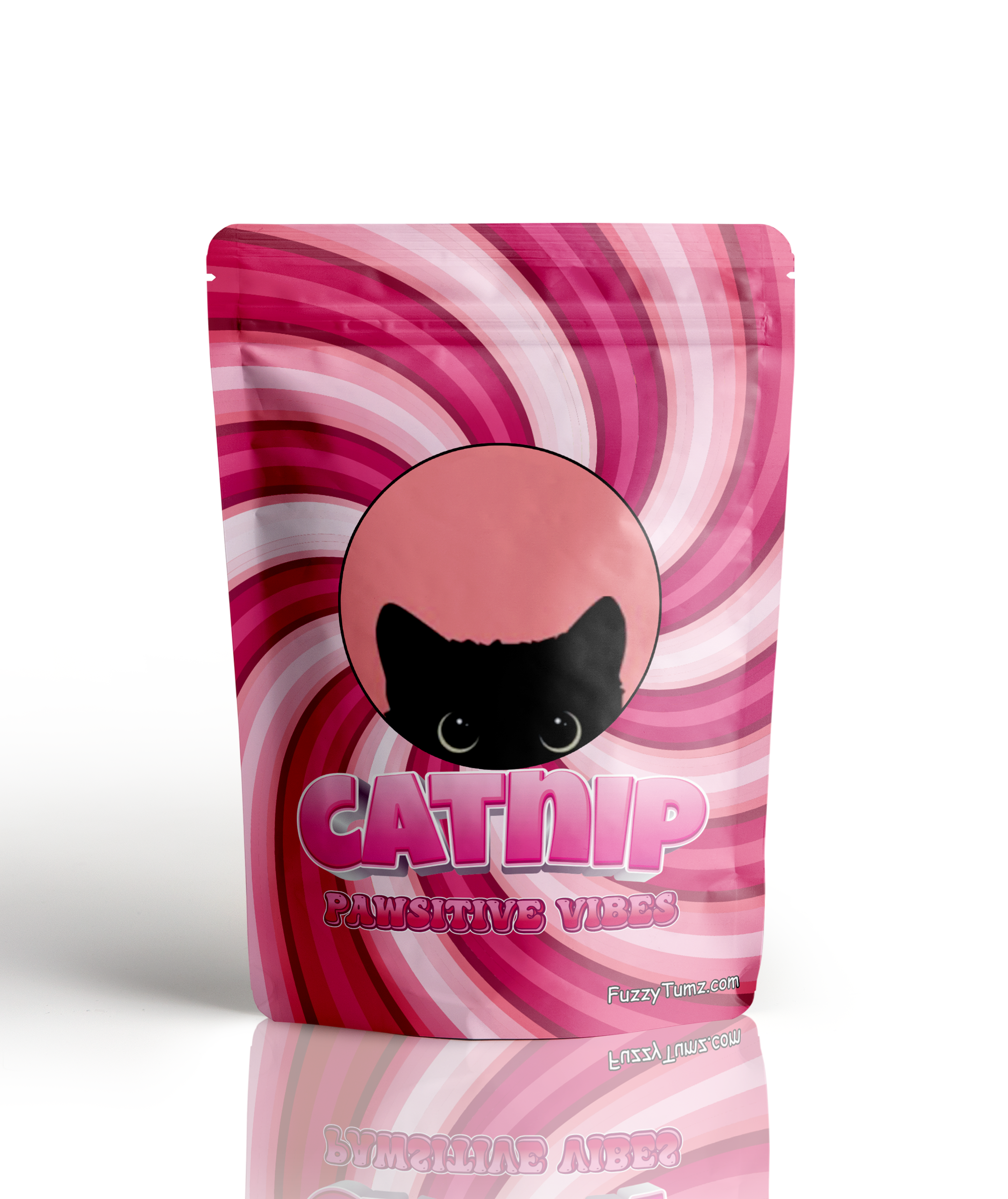Home » Cat Plants » Does the Bobbins Plant Pose a Threat to Cats?

Bobbins is a common name for the plant Arum maculatum, also known as Lords-and-Ladies or Cuckoo Pint. This plant is toxic to cats due to the presence of insoluble calcium oxalate crystals. These crystals are poisonous and can cause severe irritation and swelling in the mouth, throat, and digestive tract of felines. Bobbins is commonly found in woodlands, hedgerows, and shady areas throughout Europe and parts of northern Africa.
Ingestion may cause mild gastrointestinal upset, but is generally not life-threatening.
Ingestion can result in mild symptoms like vomiting, diarrhea, or drooling. Rarely fatal but may require veterinary care.
Eating these plants can lead to more pronounced symptoms like abdominal pain, lethargy, or difficulty breathing. Veterinary intervention may be necessary.
Ingesting even small amounts can cause severe symptoms like organ damage, seizures, or cardiac failure without rapid treatment.
All parts of these plants are extremely poisonous to cats and can quickly lead to death, even with immediate veterinary care.
** Please note: Please note that toxicity level can vary based on the amount ingested and the specific cat. It's always best to keep these plants completely inaccessible to cats and seek immediate veterinary care or call the poison hotline if you suspect your cat has ingested any part of a toxic plant.
If a cat ingests any part of the Bobbins plant, it may experience severe symptoms due to the toxic calcium oxalate crystals. These symptoms can include intense oral irritation, excessive drooling, vomiting, difficulty swallowing, and breathing difficulties in severe cases. The crystals can cause swelling and inflammation in the mouth, throat, and digestive tract, leading to significant discomfort and potential complications.
If you suspect your cat has ingested the Bobbins plant, it is crucial to seek immediate veterinary care. Your veterinarian will likely perform the following steps to diagnose and treat the potential poisoning:

A: Yes, cats can be allergic to Bobbins. Symptoms of an allergic reaction may include itching, sneezing, and skin irritation.
A: Yes, Bobbins is toxic to cats. Ingesting any part of this plant can cause symptoms such as vomiting, diarrhea, and drooling.
A: Symptoms of Bobbins poisoning in cats include vomiting, diarrhea, excessive drooling, and abdominal pain. Immediate veterinary care is recommended if ingestion is suspected.
A: To prevent contact, ensure that Bobbins is not present in your home or garden. Keep your cat indoors or monitor outdoor activities closely to avoid exposure.
A: If your cat ingests Bobbins, contact your veterinarian immediately. Do not induce vomiting unless instructed by a veterinary professional. Immediate medical attention is necessary.
A: Bobbins can be found in some gardens and as ornamental plants. It is important to ensure this plant is kept out of reach of cats to prevent accidental ingestion.
The Arum maculatum, or Bobbins, is a tuberous herb native to Europe, northern Africa, and parts of western Asia. It has been present throughout human history and has played a role in various cultures. In some Native American tribes, the plant’s roots were traditionally gathered, dried, and used as food or for trade. The species was named “rediviva” from the Latin word meaning “reviving from a dry state,” referring to the plant’s ability to regrow after being dug up and stored.The plant has also been associated with Britain’s old May Day traditions, which included sexual congress in the fields to ensure the land’s fertility. This connection likely stems from the plant’s distinctive spadix (spike) and spathe (hood), which resemble male and female reproductive organs.
Please note: The information shared in this post is for informational purposes only and should not be considered as veterinary medical advice.
